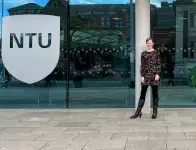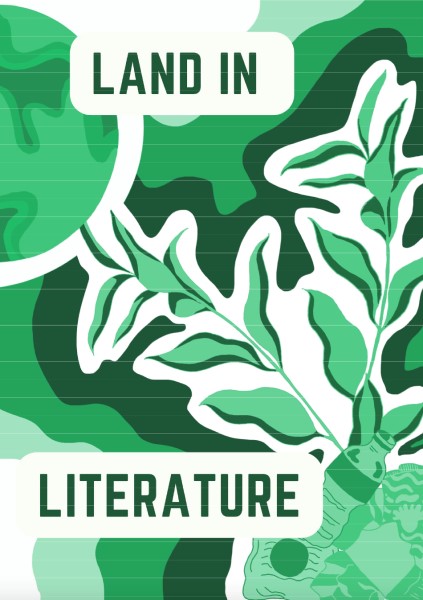
A unique Kwantlen Polytechnic University (KPU) program is allowing students to learn alongside their counterparts on the other side of the world.
Courses with a Collaborative Online International Learning (COIL) component allow learners to engage on projects, lectures and discussions with students in another classroom elsewhere in the world.
“It’s exciting. The COIL program opens up many possibilities for students. It’s a great way to deepen classroom experiences,” says Dr. Jennifer Hardwick, chair of KPU’s policy studies program and a faculty member of the English department.
Hardwick is one of several KPU faculty from a variety of departments to teach a COIL class. Hardwick has taught two such classes – writing in the digital age, and Indigenous narratives – both in collaboration with Dr. Jenni Ramone at Nottingham Trent University in England. Hardwick furthered the experience through a faculty exchange.
“The students in the UK and Canada have been interested to learn from each other. We’ve talked about things like multiculturalism, colonization, environmental crisis, different forms of resistance. There’s been a whole bunch of really big themes in the courses, and having students explore those in different contexts has been valuable,” says Hardwick.
Through the COIL partnerships, students have to think about their work in a different way, and be ready to address different audiences. For Hardwick’s students, they collaborated with their UK counterparts to produce a literary studies journal.
“My students in the Indigenous literature class had to think about writing for an international audience that isn’t as familiar with Canada’s history of colonization,” says Hardwick. “They start to realize that their particular processes look different than somewhere else, even something as simple as citation.”
Students have been overwhelmingly positive about the experience, notes Hardwick.
“It aligns with a lot of things that drive my teaching and that are great for our students: collaboration, opportunities for experiential learning and reflection, and building awareness of self and others. It also allows students to use their skills in practical ways that yield a tangible outcome that students can put in a portfolio or on a resume.”
KPU student Ashley Pocrnich, who studied in Hardwick’s Indigenous literature class, says the experience of learning virtually alongside UK students was rewarding.
“I'm proud of the work that I produced, and I’m happy to know my essay might have taught overseas students something they didn't know about Indigenous wisdom here on Turtle Island [North America].”
Lesley McCannell, a KPU Melville School of Business instructor, partnered with University of Monterrey in Mexico to offer a virtual exchange for her students in the human resources management degree program.
“Students learn a lot, and they have fun studying with international peers and learning from a global perspective,” she says. “There is nothing better than hands-on experience when you are developing your ability to work with different cultural perspectives.”
Fabricio Telo, a sociology instructor at KPU, also taught a COIL class, taking his sociology students – virtually – to Brazil for an exchange with the school of social sciences of Fundação Getulio Vargas in Rio de Janeiro.
Telo, who developed the partnership while in Brazil on a faculty exchange, says the COIL program was a valuable experience for his students, despite some challenges with language.
“KPU students had the opportunity to work with people in a different culture, who speak a different language and have a different understanding of teamwork. This is helpful for them because they will experience these situations in their professional life. Knowing how to navigate those situations is important,” says Telo.